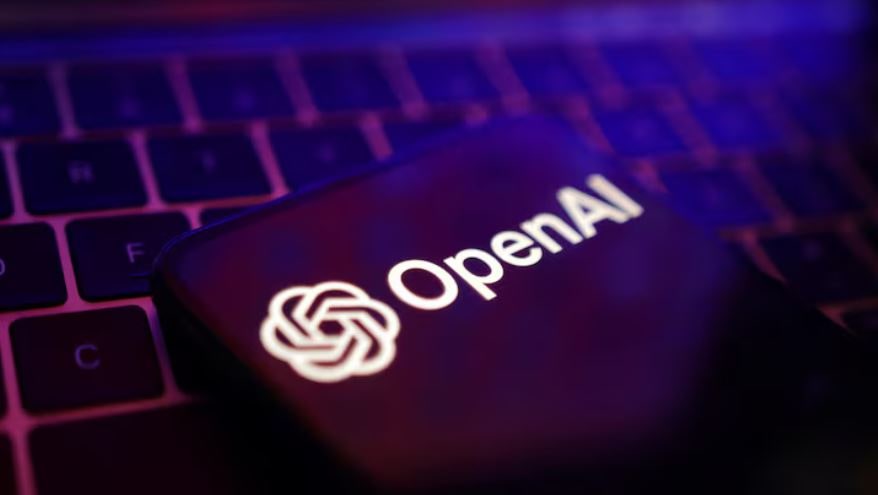OpenAI sets up safety committee as it starts training new model-many say its a hogwash

Open AI tries to save face
In a move that has sparked both applause and skepticism, OpenAI has announced the formation of a safety committee as it gears up to train its next AI model. But as the tech giant takes this seemingly prudent step, questions arise about the effectiveness and sincerity of such measures in a landscape where AI technology evolves at breakneck speed and with minimal constraints.
The Specter of Control in a Boundless FieldOpenAI's initiative to institute a safety committee can be seen as an attempt to position itself as a conscientious player in the AI field, possibly seeking to regain some of the trust and respect that might have been eroded amid rising concerns about AI ethics and safety. However, critics argue that this might be too little, too late, or even a mere cosmetic fix.
The world of AI development is vast and unbridled, with countless professionals and hobbyists training models on an eclectic array of data sets. In this wild frontier, data is the new gold, and almost anyone equipped with the right tools and know-how can mine it. This raises a critical point: when AI models are becoming exponentially smarter and more capable with each iteration, can a committee really rein in a technology that is, by nature, designed to outsmart human oversight?
The Feasibility of Safeguarding AIThe feasibility of effectively monitoring and guiding AI development through a safety committee is under scrutiny. Detractors might argue that such bodies could become mere figureheads, offering reassurances of safety without the teeth to enforce real accountability or prevent misuse. Moreover, in a field driven by relentless innovation and the pursuit of breakthroughs, stringent controls might be viewed not only as hurdles but as antithetical to the ethos of technological advancement.
A Cynical View of OpenAI's MotivesFrom a critical perspective, one could interpret OpenAI's establishment of a safety committee as a strategic move to salvage its image and public standing rather than a genuine commitment to ethical AI development. This interpretation paints the initiative as "hogwash," a token gesture aimed at placating concerns without effecting substantial change. Is OpenAI merely paying lip service to the concept of responsible AI, or is this a sincere attempt to lead the industry towards a more secure and ethical future?
ConclusionAs AI continues to evolve and integrate into every facet of our lives, the actions of influential players like OpenAI will undoubtedly be under the microscope. The setup of a safety committee could either be a pioneering step towards responsible AI, or it could be a calculated move to regain lost ground in the court of public opinion. Only time will tell if this initiative will lead to meaningful changes or if it will be remembered as a well-intentioned but insufficient response to the profound challenges posed by advanced AI technologies.
The debate continues as we watch these developments unfold, prompting us to question: In the quest to advance AI, are we adequately addressing the Pandora's box we're potentially opening?